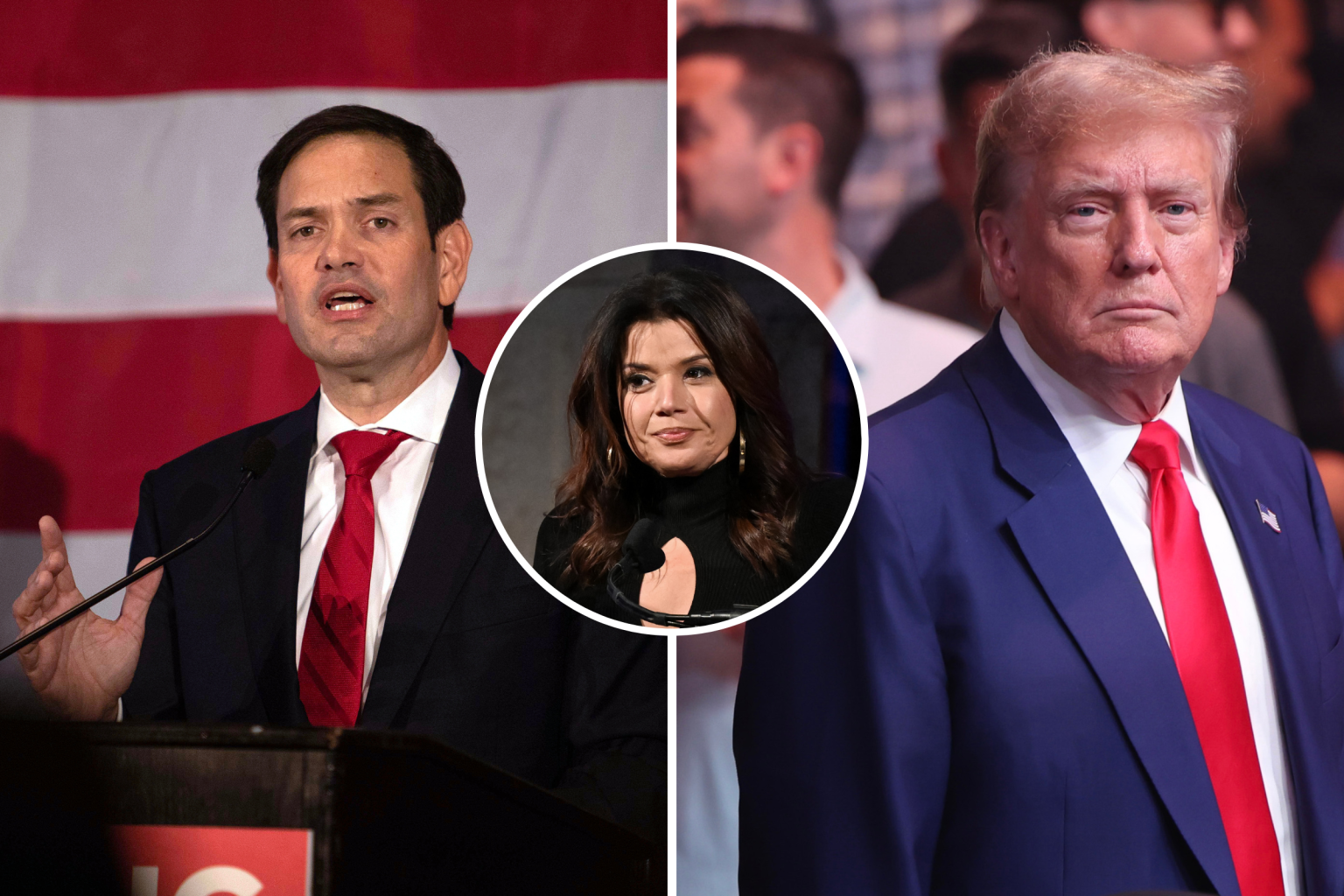Talk show host Ana Navarro criticized Florida Republican Senator Marco Rubio for comparing former president Donald Trump’s hush money trial to the show trials conducted under communist leader Fidel Castro in Cuba. Navarro condemned Rubio for using the comparison to further his political ambitions and for disrespecting the memory of those who died protecting freedom in Cuba. She emphasized the importance of understanding history and warned against the dangers of Trump returning to power, suggesting it could lead to a dictatorship.
Rubio had compared Trump’s trial to show trials in communist countries during an interview on Fox News, referring to it as an effort to interfere in an election. He also posted footage from a show trial and claimed that the public spectacle of political show trials had reached America. Despite Trump being found guilty on 34 felony charges, Republican politicians like Rubio continued to show their support for the former president. Navarro expressed her disappointment in Rubio’s actions and urged him to refrain from comparing the U.S. judicial system to the oppressive practices seen in Cuba, Nicaragua, and Venezuela.
Texas Republican Senator Ted Cruz also likened Trump’s trial to the kind of trials seen in dictatorships, describing it as something common in banana republics. Both Cruz and Rubio, who are of Cuban descent, had been critical of Trump during the 2016 presidential primaries. However, their stance changed after the primaries ended, with Rubio expressing support for Trump and Cruz praising his leadership. This shift in perspective raised questions about their sincerity and political motivations, as well as their understanding of the dangers posed by authoritarian regimes.
Navarro’s impassioned rebuke of Rubio’s remarks highlighted the emotional significance of comparing the U.S. legal process to the oppressive practices of communist regimes. By invoking the memory of those who suffered under dictators like Castro, Navarro underscored the need to respect history and the sacrifices made for freedom. Rubio’s flippant comparison was seen as both insensitive and politically motivated, as he seeks to align himself with Trump despite previous criticisms. The broader implications of Trump’s trial and the responses from Republican politicians like Rubio and Cruz raise concerns about the erosion of democratic norms and the normalization of authoritarian tactics in American politics.
In the face of these comparisons and declarations of support for Trump, voices like Navarro’s provide a counterbalance, reminding us of the real-world consequences of oppressive regimes and the importance of upholding democratic values. The cautionary tales of history, including the experiences of those who lived under Castro’s rule in Cuba, serve as a warning against the dangers of enabling authoritarianism. Navarro’s forceful condemnation of Rubio’s actions serves as a reminder of the duty to honor the legacy of those who fought for freedom and democracy, and to resist efforts to undermine the principles that define a free society. Rubio’s rhetoric, in contrast, raises questions about his commitment to these values and his willingness to prioritize political expediency over ethical considerations.


